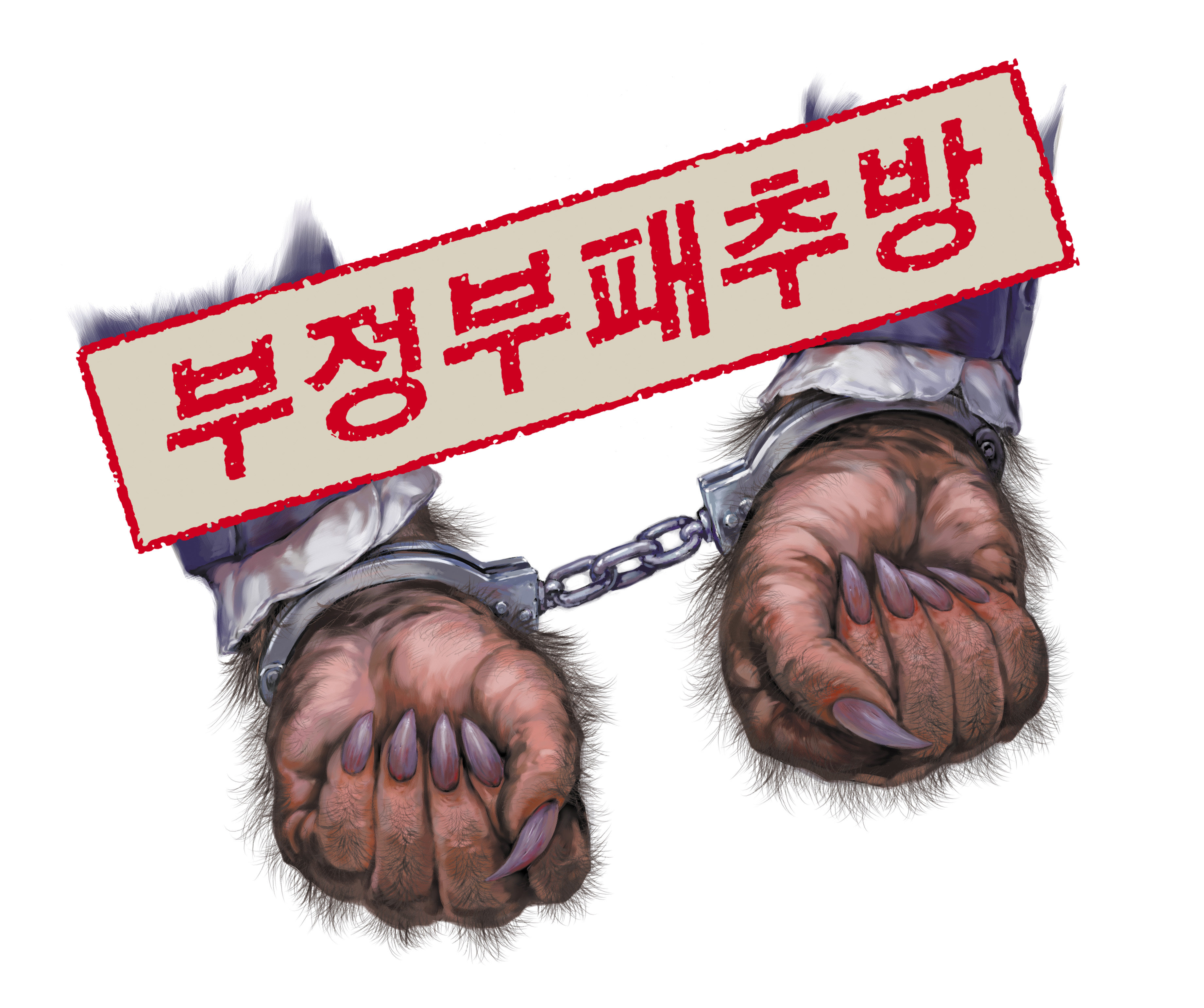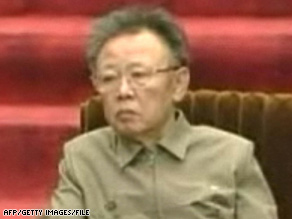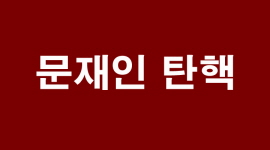SEOUL, South Korea — North Korea escalated its vitriol against South Korea and the United States on Wednesday with warnings of a “powerful military strike” if any North Korean ships were stopped or searched as part of an American-led operation to intercept vessels suspected of carrying unconventional weapons.
South Korea agreed to join the operation after North Korea tested a nuclear device on Monday, its second nuclear test in three years. The North had earlier warned the South not to participate in the operation, known as the Proliferation Security Initiative.
“We consider this a declaration of war against us,” North Korea said in a statement carried by its official news agency, KCNA. “Any hostile act against our peaceful vessels, including search and seizure, will be considered an unpardonable infringement on our sovereignty, and we will immediately respond with a powerful military strike.”
The North Koreans also said in the statement that they “no longer feel bound by the armistice” that ended the fighting in the 1950-53 Korean War. Technically, the two Koreas have remained at war for more than 50 years, because the 1953 armistice was never replaced with a final peace treaty. The North Koreans had previously called the armistice a “useless piece of paper” and declared that they no longer felt bound by it. But they have rarely used the threat of abandoning the armistice.
The North’s bellicose language was likely to increase tensions created by the nuclear test on Monday, which drew swift, angry and widespread condemnation worldwide. At the United Nations, the United States and Japan were drawing up a rough draft of a Security Council resolution that would concentrate on five or six ways to flesh out existing sanctions against North Korea that had never been enforced, diplomats said. Although China supports the idea of sanctions, it wants to work slowly and to bolster measures first passed in 2006 rather than creating new ones, they said.
The proposals include banning import!s and exports of all arms — only heavy weapons are restricted now. “We want to dry out their resources for the military,” said a senior Western diplomat, speaking anonymously because of the sensitivity of the negotiations.
North Korea has said that it will consider sanctions a declaration of war.
“If North Korea stages a provocation, we will respond resolutely,” the South Korean military said in a statement, reacting to the North’s threats. Citing a “strong” military alliance with the United States, it said, “We advise our people to trust our military’s solid readiness and feel safe.”
Since inter-Korean relations began deteriorating a year ago, analysts at government-run and private policy institutes in South Korea have often warned of a possible naval skirmish. In interviews in recent weeks, they have said that if South Korea joined the global interdiction program, that would increase the chances of a North Korean provocation. But, they said, any clash between the Koreas would probably be a limited one.
The analysts said North Korea might engage in a limited armed provocation along the border, especially along the disputed western sea border. That is where the two navies clashed in skirmishes in June 1999 and June 2002 during the crabbing season.
South Korea’s president, Lee Myung-bak, lauded his people on Wednesday for their “mature response” to the North’s behavior. He noted that the North’s nuclear test and its six subsequent short-range missile launchings did not affect stock and foreign exchange markets beyond initial jitters.
Seoul, the South Korean capital, with a population of 10.4 million, is just 35 miles from the North Korean border and within the range of North Korean missiles and artillery. But most South Koreans and foreign investors here are accustomed to threats from the North.
South Korea’s decision to join the antiproliferation initiative — a global effort that seeks to interrupt air and sea deliveries of nuclear and other unconventional weapons, missile parts and delivery systems — is largely symbolic, analysts said. South Korea has said that it will stop only suspicious ships in its own territorial waters, a sovereign right it already has. In addition, the chance that the North would send ships carrying such materials into South Korean waters is low.






















